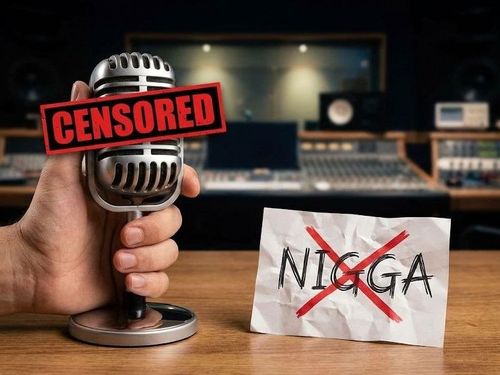The mere thought of being without our phones for an hour or more may make your heart skip.
Our lives in this digital age revolve around our smartphones. Our mobile devices make most of our day-to-day needs, scheduling, communication, entertainment, and more easy to achieve.
A staggering three-quarters of phone owners reach for their devices at least once every hour, with 11% checking every few minutes, 41% multiple times an hour, and 20% once an hour.
The adage "never leave home without it" resonates with 72% of people who admit to staying within 5 feet of their phones at all times.
The relentless need for attention from our phones leads to an average of 150 checks per day, shaping a routine as ingrained as any other.
The Alarming Comparison: Phone Use and Addiction
Increasingly, researchers draw parallels between phone use and addiction, likening the dependence on these devices to substance abuse.
As we look into the scientific findings, it becomes evident that the first 60 minutes without a phone can unravel a cascade of effects akin to withdrawal symptoms experienced by those grappling with drug or alcohol dependency.
Let's dissect this temporal breakdown:
The First 10 Minutes: "Extreme Tech Anxiety"
The initial moments of separation from one's phone are characterized by what is commonly referred to as "extreme tech anxiety."
This phenomenon grips 51% of individuals, revealing people's deep psychological attachment to their devices.

Moreover, being unable to access a ringing phone triggers an acute stress response, mirroring the fight-or-flight instinct.
Heart rates escalate, and blood pressure rises, underscoring the physiological impact of phone separation.
As if the stress response wasn't enough, research indicates a decline in cognitive performance during phone withdrawal.
The inability to access digital information hampers mental tasks, affecting individuals during exams and meetings.
Feelings of isolation and disconnectedness emerge from the lack of immediate access to friends, family, and social media audiences.
Additionally, individuals may experience mixed emotions, including sadness, awkwardness, fidgetiness, and negativity.
The phantom phone syndrome, a peculiar sensation of thinking one's phone is ringing when it's not, further illustrates the profound psychological imprint of phone dependency.
Additional Symptoms
Feelings of isolation and disconnectedness from the lack of access to friends, family, and social media audiences.
Emotional states such as sadness, awkwardness, fidgetiness, and negativity.
Phantom phone syndrome is where individuals perceive their phones are ringing even when they are not.
After 30 Minutes: Escalating Anxiety and Tech Cravings
As the clock ticks past the 30-minute mark, anxiety levels continue to rise for heavy phone users.
Moderate and light phone users, however, experience a plateau in anxiety after the first 15 minutes.
Boredom sets in, affecting 22% of individuals who feel disconnected from media, music, and various apps.
The absence of GPS or Google induces confusion and disorientation, revealing the extent to which individuals rely on their phones for navigation and information.
At this stage, a notable phenomenon is heightened tech cravings triggered by witnessing others check their phones.
This behavior, linked to the activation of "mirror neurons" in the brain, mirrors the experiences of cigarette smokers craving a smoke.
The parallels between phone dependency and substance addiction have become increasingly apparent.
After 60 Minutes: Acknowledgment of Addiction
The culmination of psychological and physical withdrawal symptoms often leads individuals to recognize the severity of their dependence on cell phones.
The word "addiction" becomes a pervasive term to describe the profound reliance on these technological companions.
In essence, the first 60 minutes without a phone expose a spectrum of reactions, from heightened anxiety and cognitive impairment to a realization of addiction.
The pervasive nature of these symptoms underscores the extent to which phones have embedded themselves in our daily existence.




